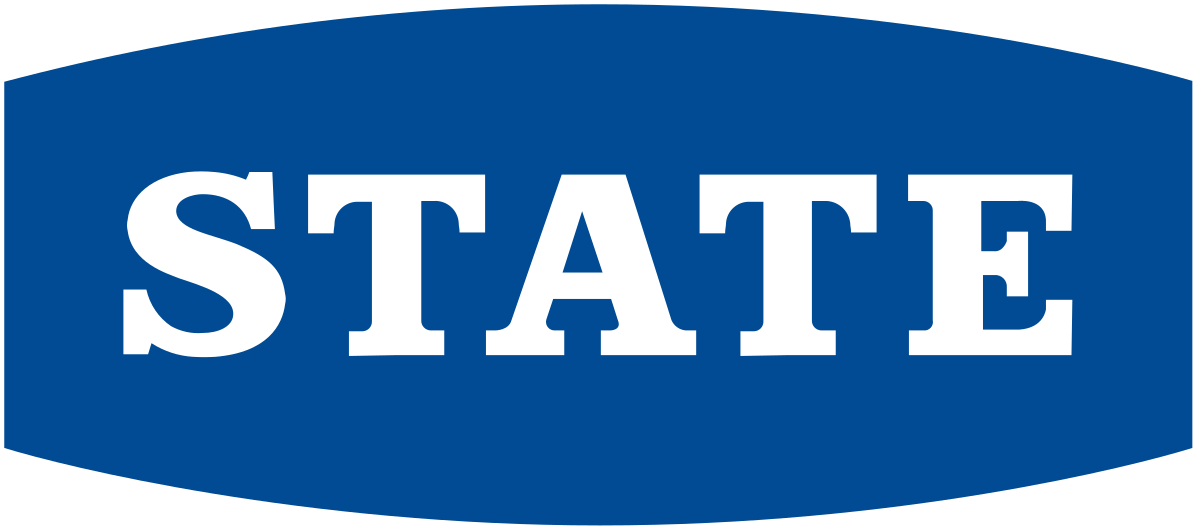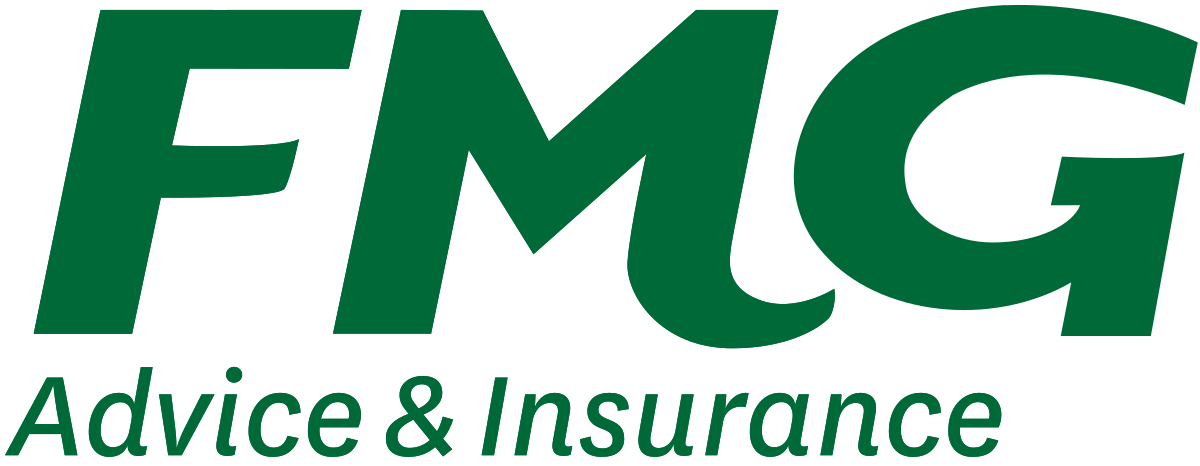If you need to sell a car that still has finance debt owing on it, the process isn’t as straightforward as selling a car that you own outright. Here we reveal what you need to consider when selling a car that has finance owing on it.
In this article we cover:
How to sell a car with finance owing: step one
If you want to sell a car with finance owing – whether through a dealership or private sale – the first thing to consider is whether you can repay your loan before selling the vehicle.
If you are able to clear your debt, it could make the sale a lot easier. However, you’ll need to consider any possible break fees associated with paying off your car loan early.
Or if you’re close to repaying the loan on the vehicle in full, are you able to defer your sale until the loan is repaid?
Looking for a great car loan?
The table below displays some of the unsecured personal loan products available on Canstar’s database for a three-year loan of $10,000 in Auckland (some may have links to lenders’ websites). The products are sorted by Star Rating (highest to lowest) followed by company name (alphabetical). Use Canstar’s personal loan comparison selector to view a wider range of products on Canstar’s database. Canstar may earn a fee for referrals.
Selling a car with finance owing – can I do it?
Yes. You can sell a car with finance owing on it. This could involve selling the car to a dealer for cash, trading it in for another vehicle, or via a private sale. However, extra steps are involved when selling a car with finance owing, and these can depend on your type of car loan:
A secured car loan
This is the most common type of car loan. The car is security for the loan, and your lender can repossess the vehicle if you fail to make your loan repayments.
A secured personal loan
This type of loan is the same as a secured car loan, except the loan is secured against an asset other than the vehicle purchased, for example property. If you fail to make your loan repayments, your lender can sell the asset to recoup the money it’s owed.
An unsecured loan
Many personal loans are unsecured, meaning you don’t have to put up an asset as a guarantee that you will repay the loan. Lenders issue unsecured loans based on your creditworthiness after checking your credit score. If you fail to make your repayments, you can be taken to court, which will negatively affect your credit score and make securing future loans, such as mortgage, much harder.
Compare Outstanding Value Car Insurance with Canstar
Looking for great value car insurance for you and your family? Each year, we release our car insurance awards, including winners for Insurer of the Year, Outstanding Value, and Most Satisfied Customers. As part of our award results, we also publish our Outstanding Value Star Ratings, covering car insurance for different age groups. Below are our top-rated providers in the drivers aged 30-49 category. Click here to view our complete car insurance Star Ratings for all age groups.
Comprehensive Cover: Drivers 30-49:
| Provider | Star Rating |

Car Insurer of the Year |
 |
 |
|
 |
 |
See here for our ratings methodology. The table above is an abridged version of our research. For the full results of our latest Car Insurance Ratings and Award, click here.
Trading in your car with finance owing
If you’re thinking of trading in your car before the end of your loan term, you need to talk to your lender and the car dealership you’re using for the trade-in.
Depending on your lender, and the terms of your car loan, it may not be possible to trade in your vehicle if there is outstanding debt on it. However, you may be able to refinance your loan using your new vehicle as security.
Selling your car privately with finance owing
If you are selling privately, it’s advisable to communicate with the buyer that there is money still owing on the vehicle, and to arrange for the debt to be repaid before you go through with the sale.
Private buyers are advised to always check if there is finance outstanding on any car they wish to purchase. Many companies offer cheap and thorough background checks on vehicles, such as Trade Me’s MotorWeb. Buyers can also check if a car is subject to finance by using the government’s Personal Property Securities Register. The finance check is a quick and easy online process that costs just $2.30.
If you sell a car with financing owing, and later default on your repayments, the car might be repossessed, which could open you to litigation from the car’s new owner.
To arrange repayment of the debt secured on your car before making a private sale, you will need to talk to your loan company. For example, you could arrange for the buyer to pay the price of the car in two installments: one to your loan company to cover your outstanding debt, and the other directly to you.
What are the other options for selling a car with finance owing?
Use your savings, or a personal loan, to pay off the debt
Paying off any money owning on a vehicle before selling it will make the sale process a lot smoother. If you have enough savings, you could consider using that money to clear the debt before beginning the sales process.
Otherwise, you could look into taking out a personal loan that isn’t secured against the vehicle. You could then use that money to pay off the car loan. Your current lender may be able to restructure your existing secured car loan into an unsecured personal loan, so you could try discussing this option with them.
Refinance the loan
Refinancing is the process of taking out a new loan to repay an existing one. This is usually done to secure better terms, for example a lower interest rate.
But it could also involve refinancing your existing car loan to incorporate the sale of your old car and the purchase of a new one, with the loan secured against the new car. Or, as mentioned above, you could ask to refinance the loan so it’s not secured against any asset, leaving you free to sell your car.
However, as unsecured loans come with higher associated risks for lenders, they can come with higher interest rates. And, if you do decide to refinance, keep in mind things like early break fees, or application fees for the new loan, which could offset any potential benefits of refinancing.
Consolidate your debts
If you have other small loans or debts, consolidating them into one new personal loan could be a sensible option. Especially if you can secure a new loan at an overall lower interest rate.
By rolling all your outstanding debt balances into one, you could streamline and possibly reduce your monthly repayments. For more details check out our story What is Debt Consolidation?
Compare Outstanding Value Car Insurance with Canstar
Looking for great value car insurance for you and your family? Each year, we release our car insurance awards, including winners for Insurer of the Year, Outstanding Value, and Most Satisfied Customers. As part of our award results, we also publish our Outstanding Value Star Ratings, covering car insurance for different age groups. Below are our top-rated providers in the drivers aged 30-49 category. Click here to view our complete car insurance Star Ratings for all age groups.
Comprehensive Cover: Drivers 30-49:
| Provider | Star Rating |

Car Insurer of the Year |
 |
 |
|
 |
 |
See here for our ratings methodology. The table above is an abridged version of our research. For the full results of our latest Car Insurance Ratings and Award, click here.
About the author of this page
Bruce Pitchers is Canstar NZ’s Content Manager. An experienced finance reporter, he has three decades’ experience as a journalist and has worked for major media companies in Australia, the UK and NZ, including ACP, Are Media, Bauer Media Group, Fairfax, Pacific Magazines, News Corp and TVNZ. As a freelancer, he has worked for The Australian Financial Review, the NZ Financial Markets Authority and major banks and investment companies on both sides of the Tasman.
In his role at Canstar, he has been a regular commentator in the NZ media, including on the Driven, Stuff and One Roof websites, the NZ Herald, Radio NZ, and Newstalk ZB.
Away from Canstar, Bruce creates puzzles for magazines and newspapers, including Woman’s Day and New Idea. He is also the co-author of the murder-mystery puzzle book 5 Minute Murder.





Share this article